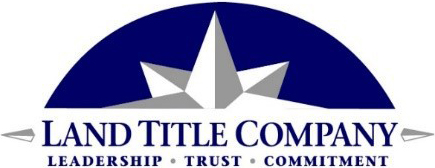In your real estate career you will come across numerous acronyms, and one that often raises questions is “U.L.I.D.”.
What is a U.L.I.D.?
U.L.I.D. stands for Utility Local Improvement District. It’s a special assessment, or financing tool, used by local governments to fund essential utility infrastructure improvements—think of projects involving water, sewer, or stormwater systems. If you’re working with properties in growing or developing areas, you’re likely to encounter ULIDs, as they help communities afford critical infrastructure upgrades. Often, these areas need better utility services but may not have the budget to fund them through general municipal funds.
How Does a U.L.I.D. Come Into Play?
Creating a ULID can start one of two ways: either by a petition from local property owners who want these improvements or by a resolution from the local governing body that sees a need. Once established, a ULID assesses property owners within the district to cover project costs, spreading the financial responsibility among those who directly benefit from the improvements. It’s a model designed to keep things fair and beneficial for the local community.
What Should Agents Know About U.L.I.D. Assessments?
Once a ULID is set up, the costs are generally applied as assessments to properties within the district. Each property’s assessment is often based on how much benefit it gains from the new infrastructure. These assessments, typically paid over time through the property tax bill, make it easier for property owners to manage the cost. This means that while there is an added expense, it’s manageable—and for a good reason: the property value often increases due to improved utility access and services.
The Benefits of U.L.I.D.s
- Infrastructure Funding: ULIDs make it possible to fund improvements that would otherwise be unaffordable. Whether it’s upgrading aging sewer lines or extending water services to newly developed areas, ULIDs provide a structured way to get these projects done.
- Cost Distribution: Instead of a few paying the full cost of improvements, the expenses are shared among those who benefit. This makes it easier for communities to agree on infrastructure upgrades, knowing everyone contributes fairly.
- Increased Property Value: Improved infrastructure may lead to higher property values. Properties with access to updated utility services can be a selling point.
Questions?
Give our title department a call! For properties in Kitsap County call 360-692-2233 and for properties in Mason County call 360-426-8288.


